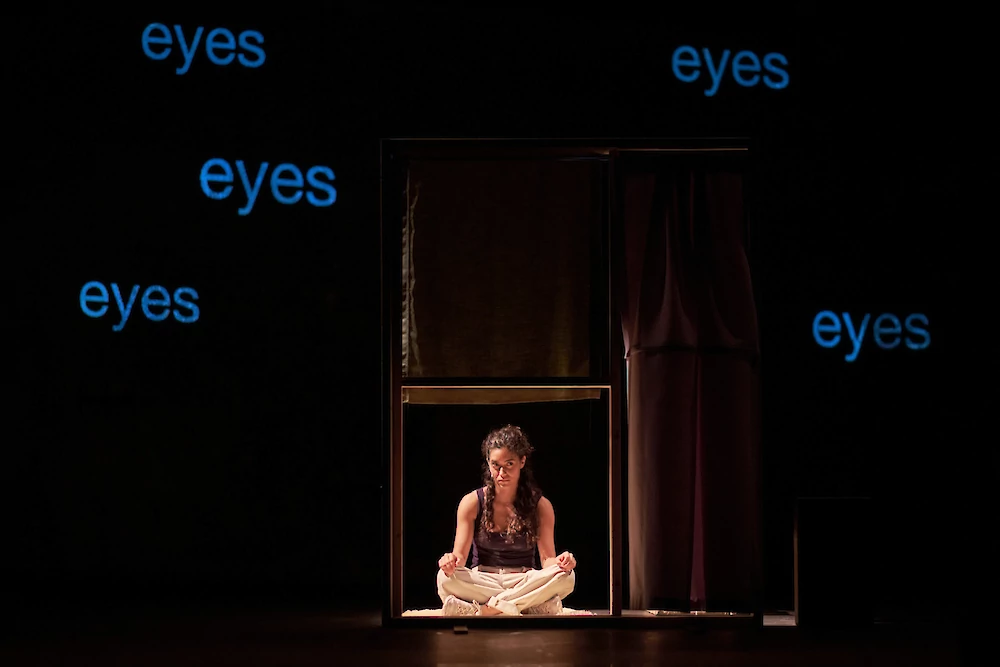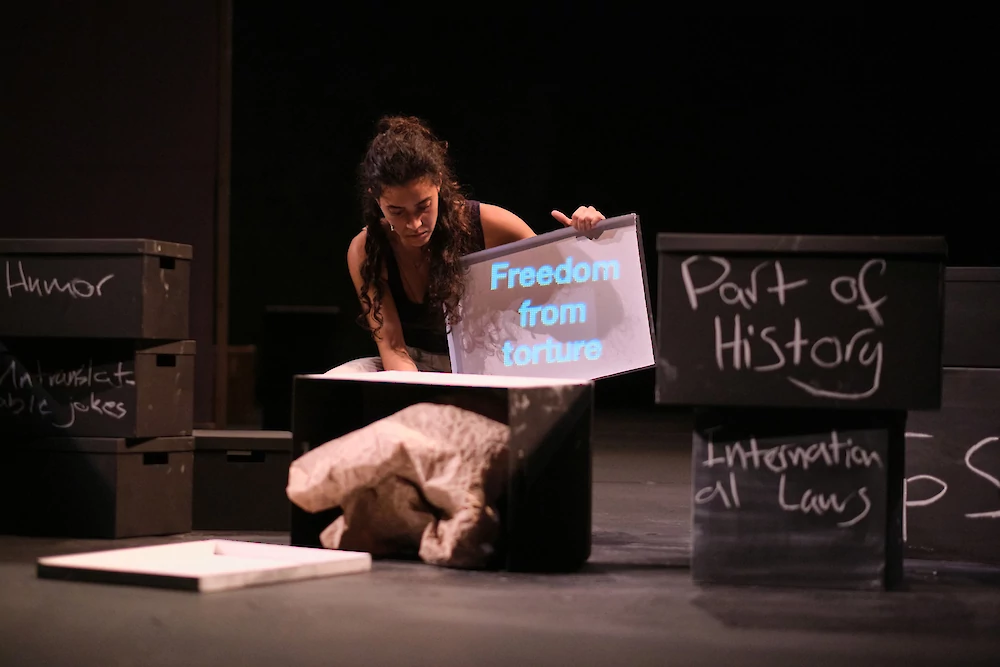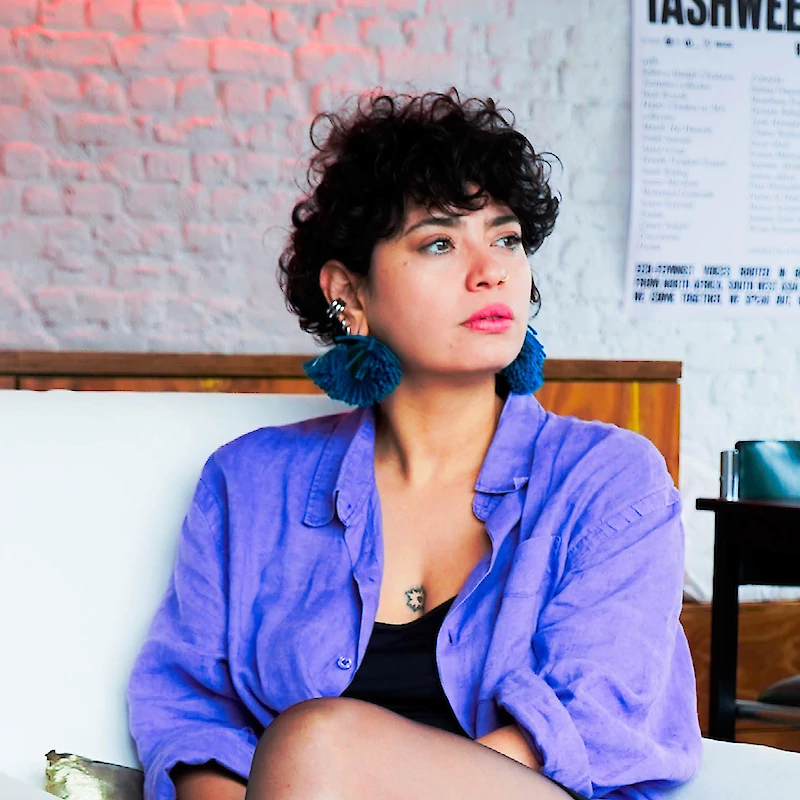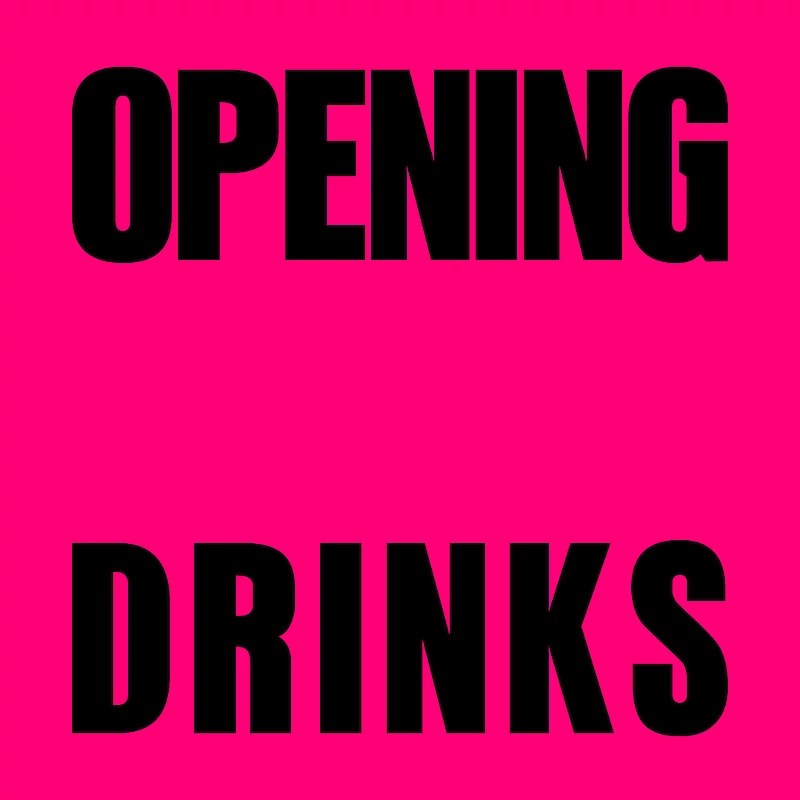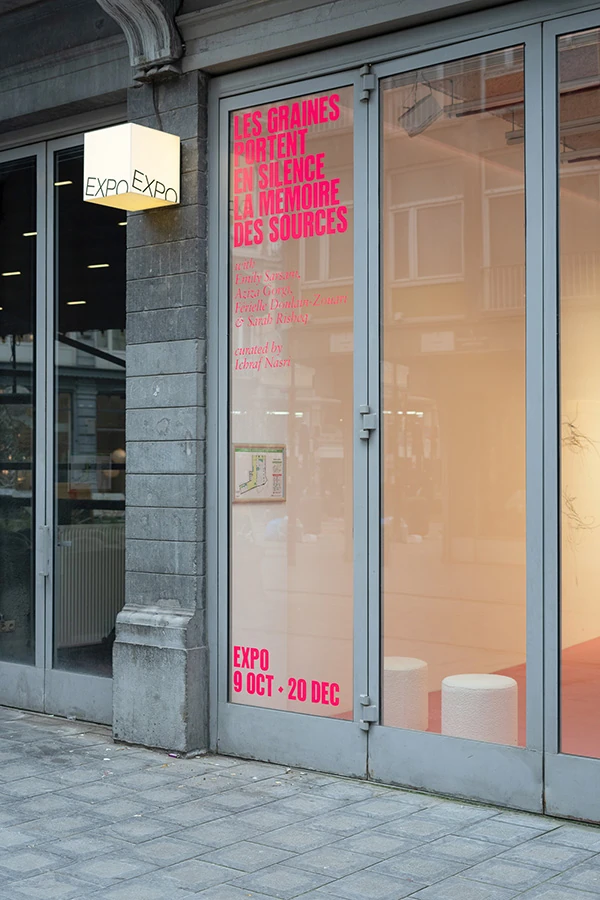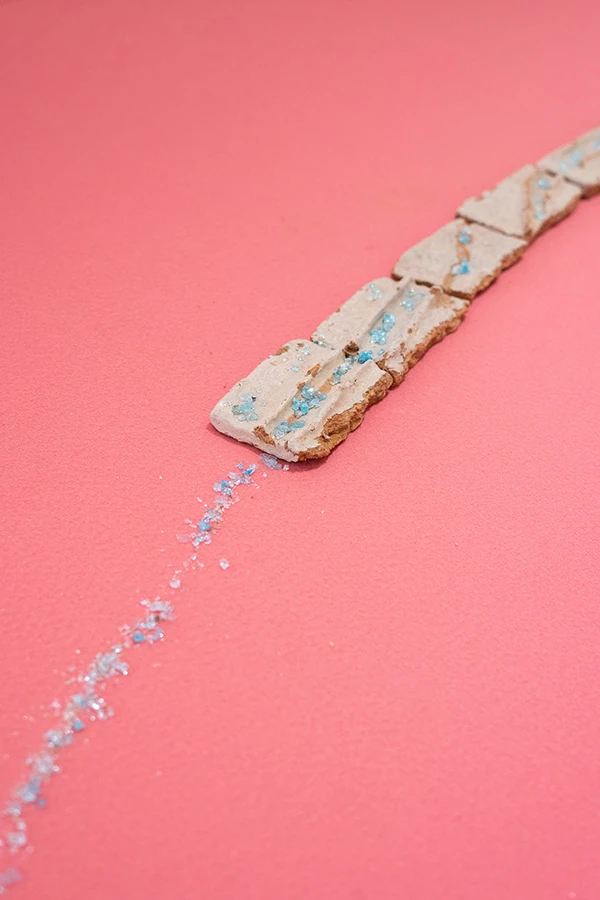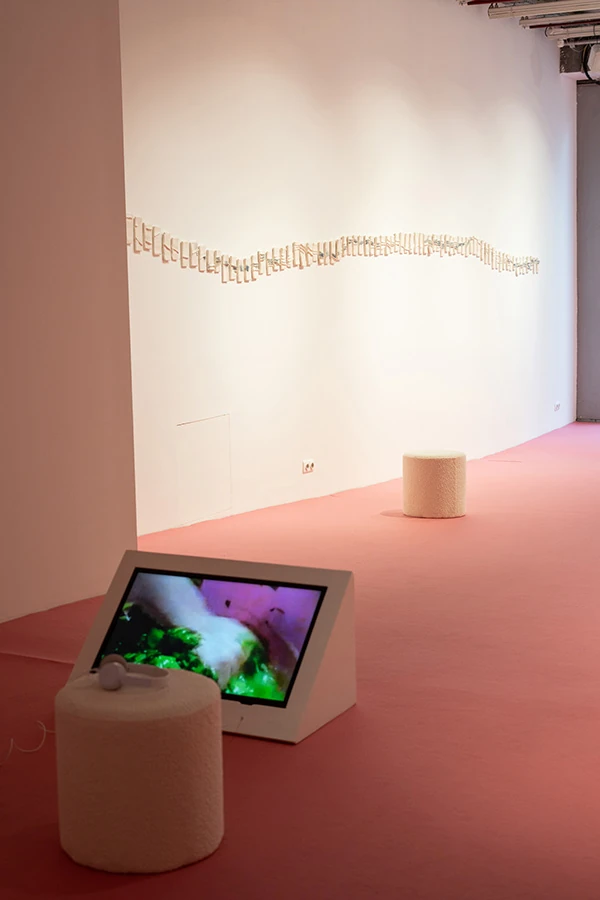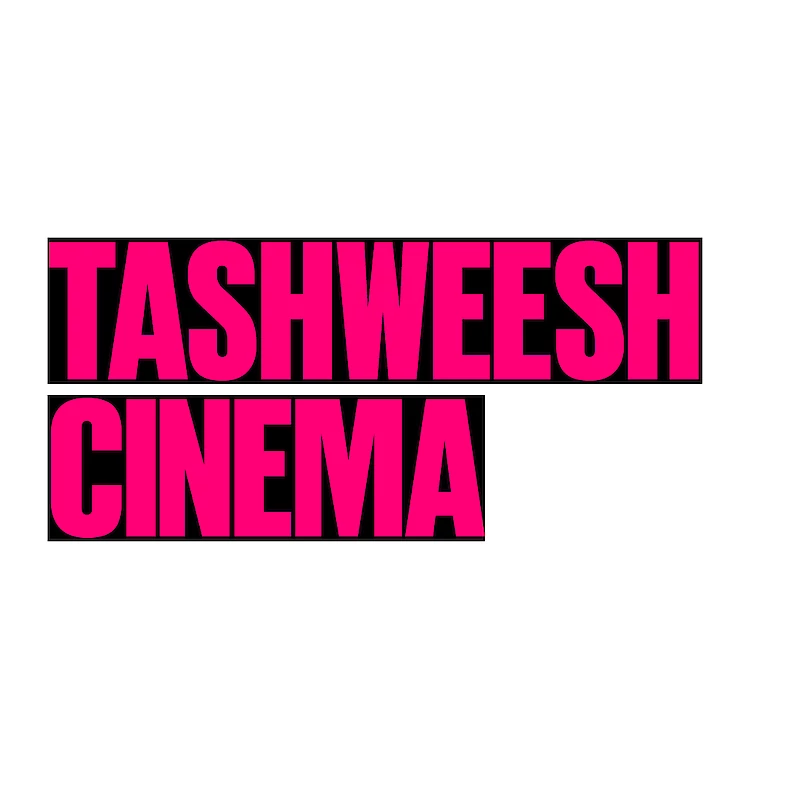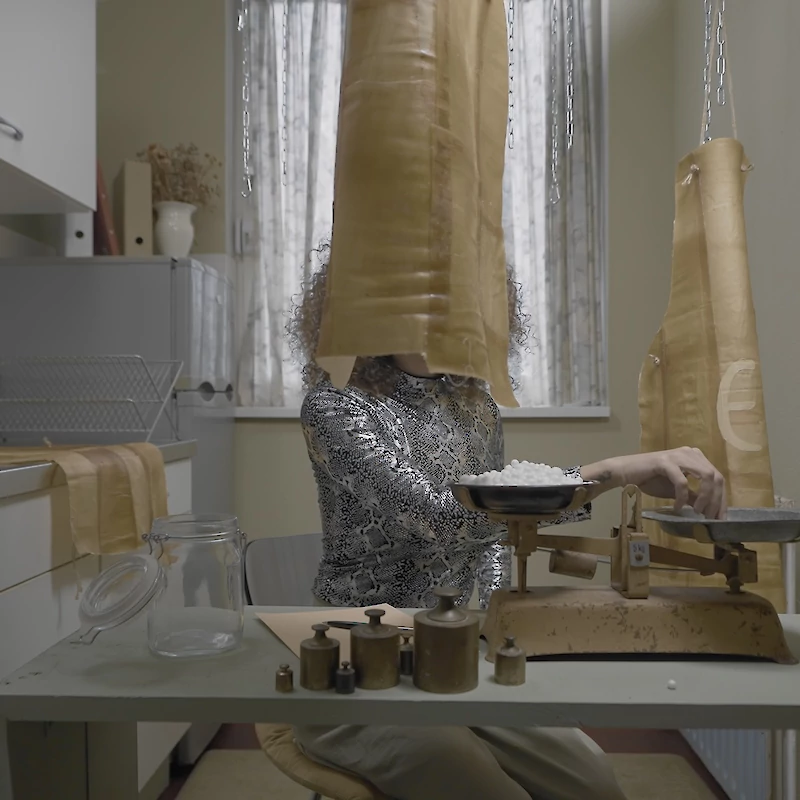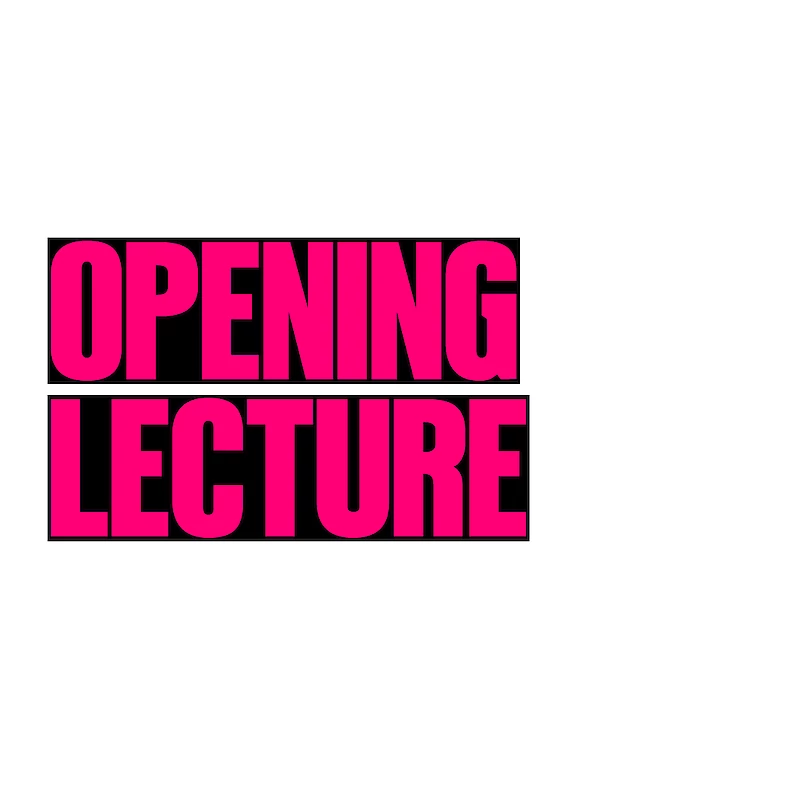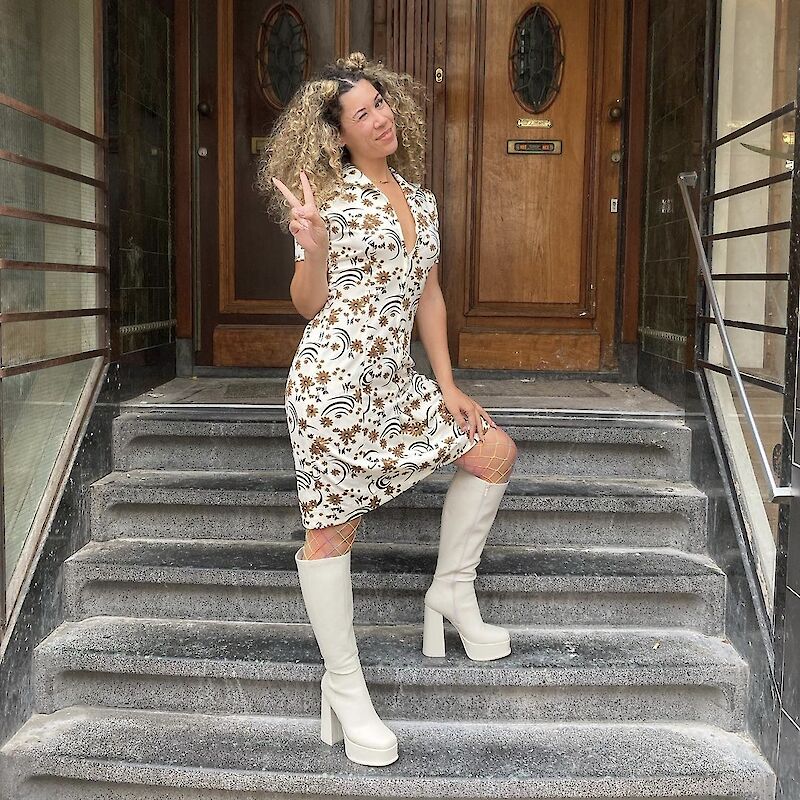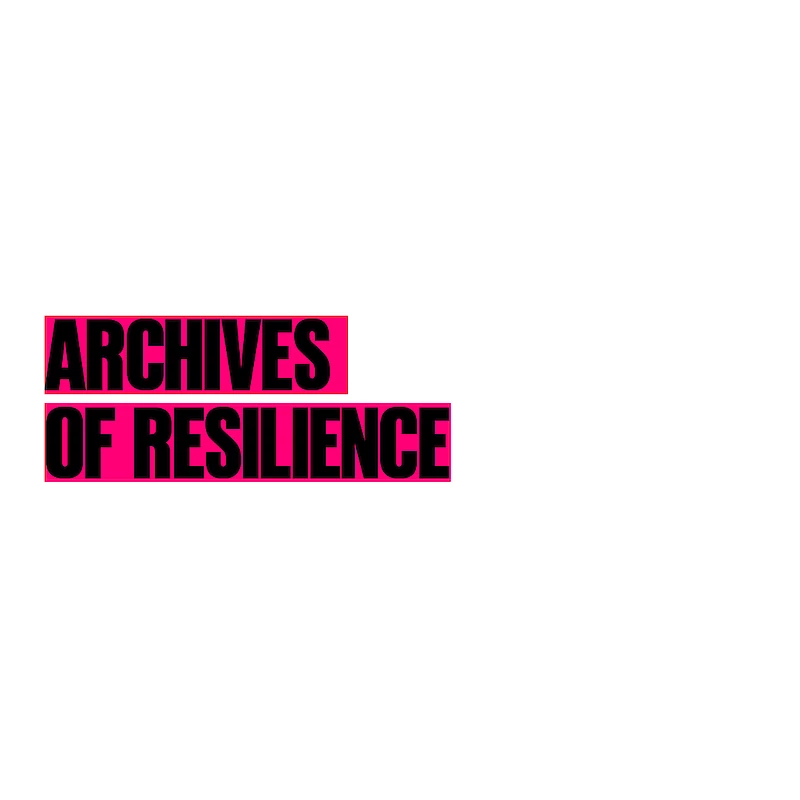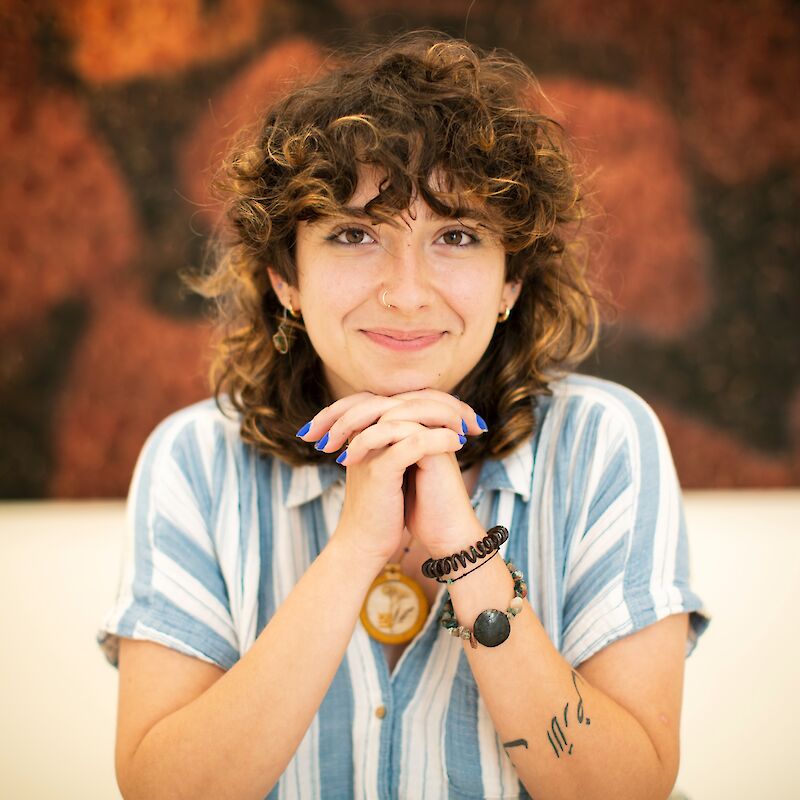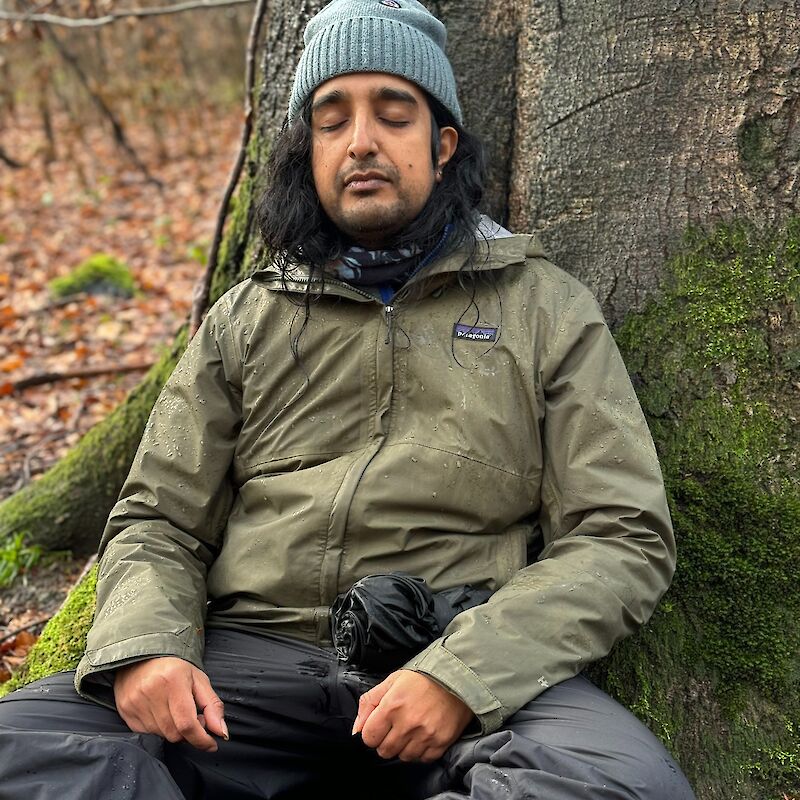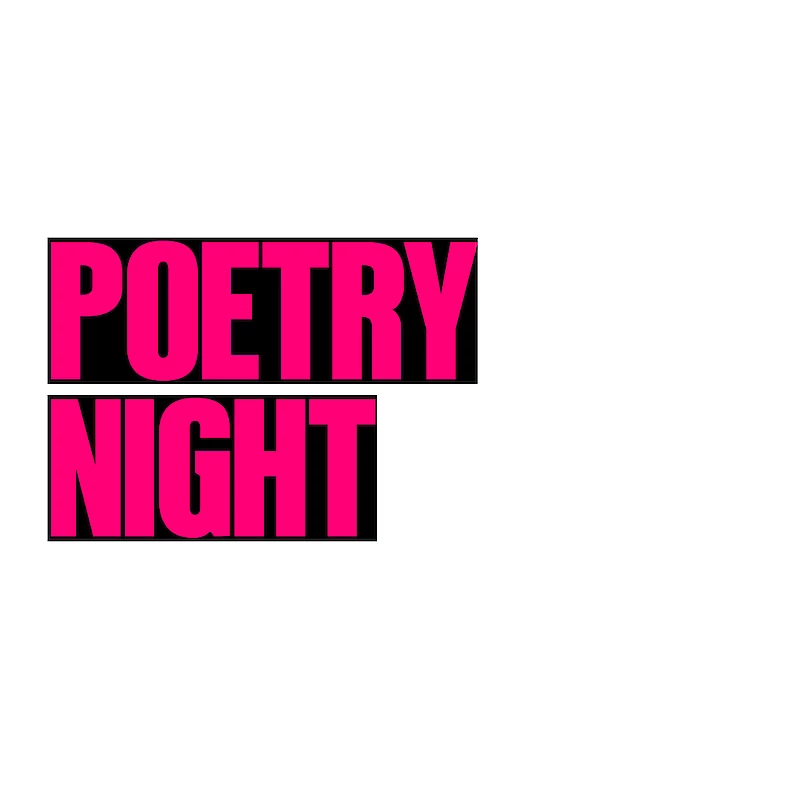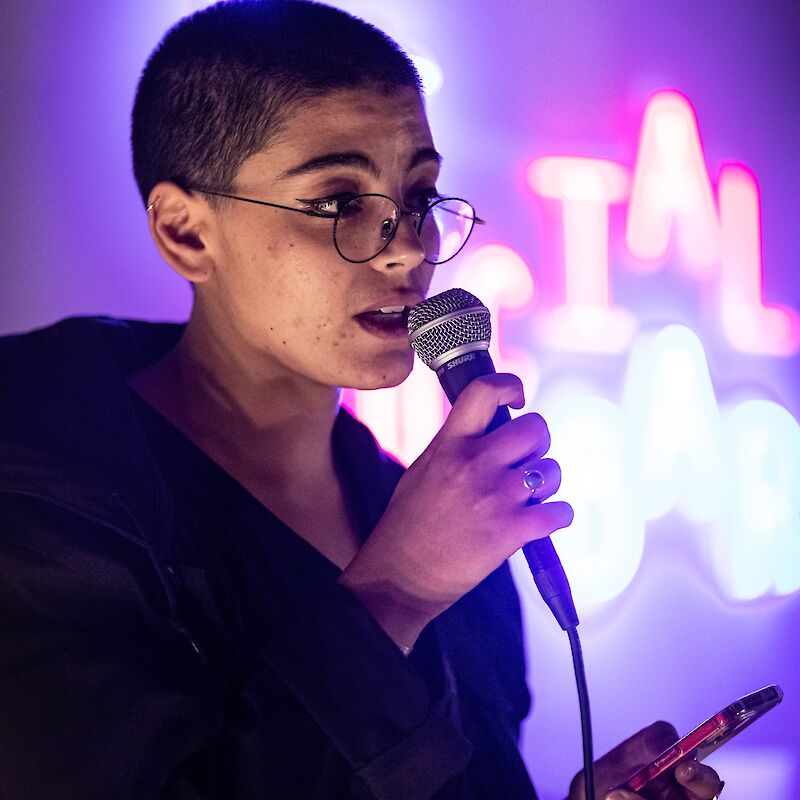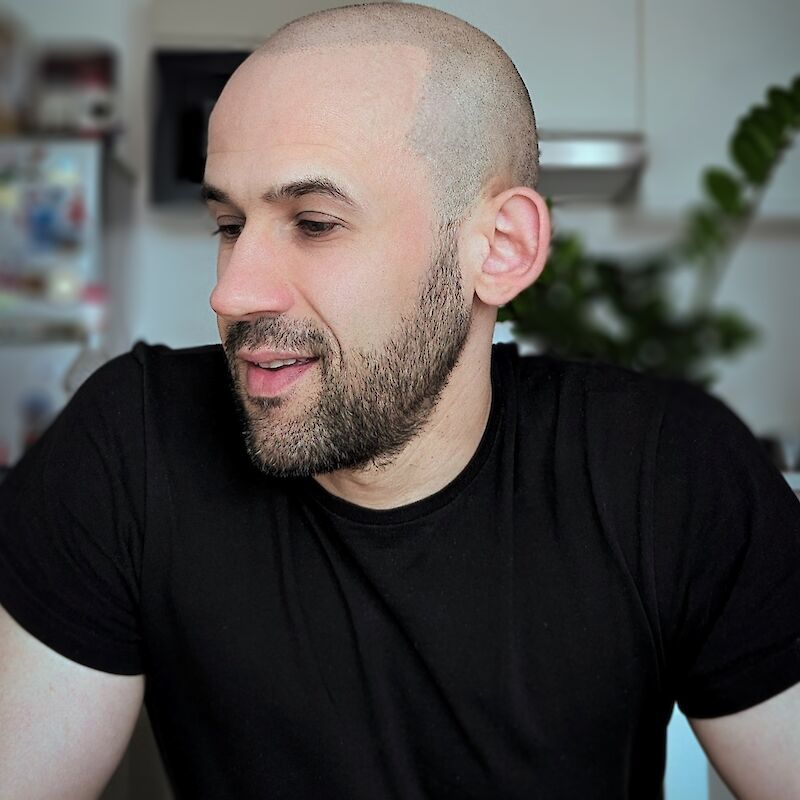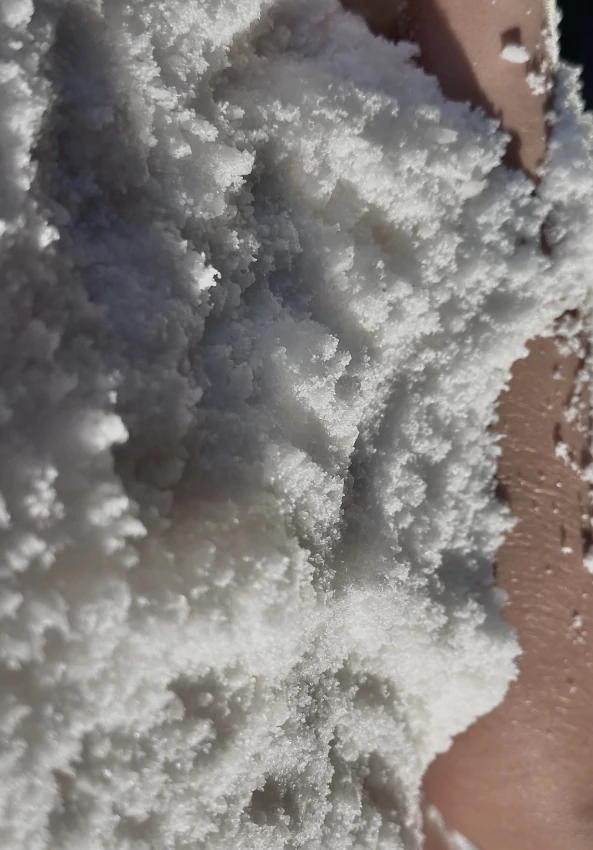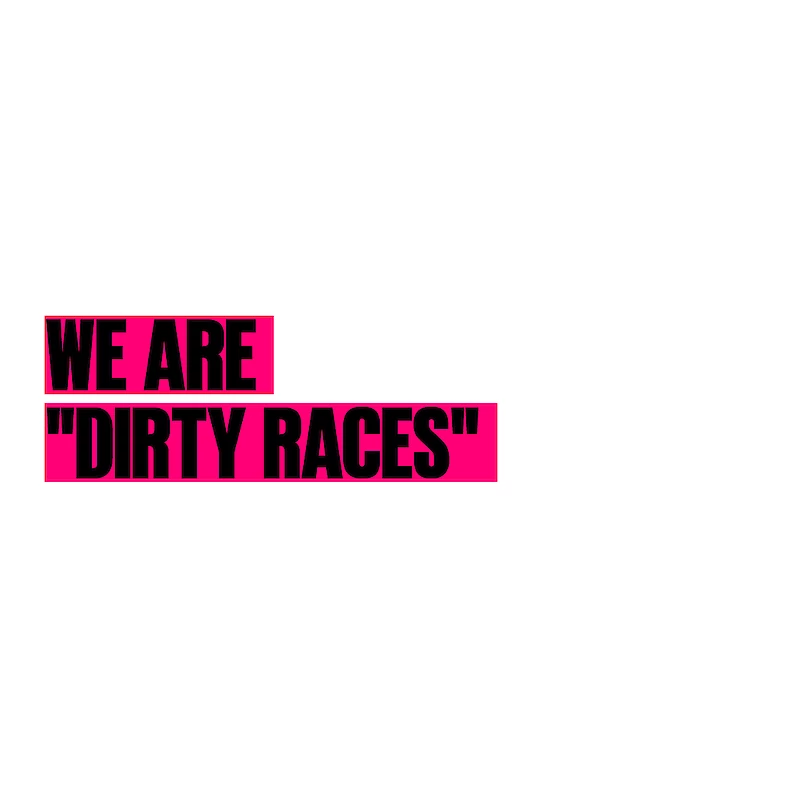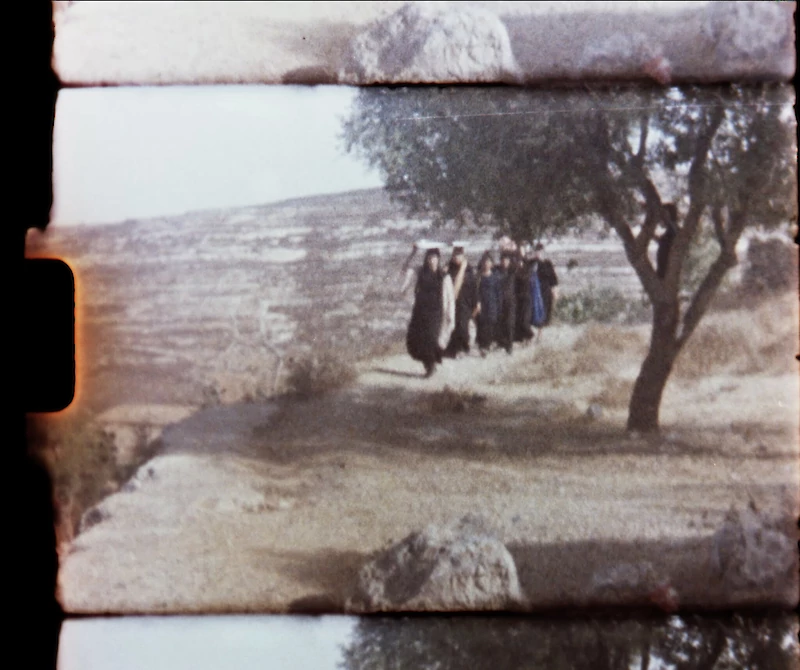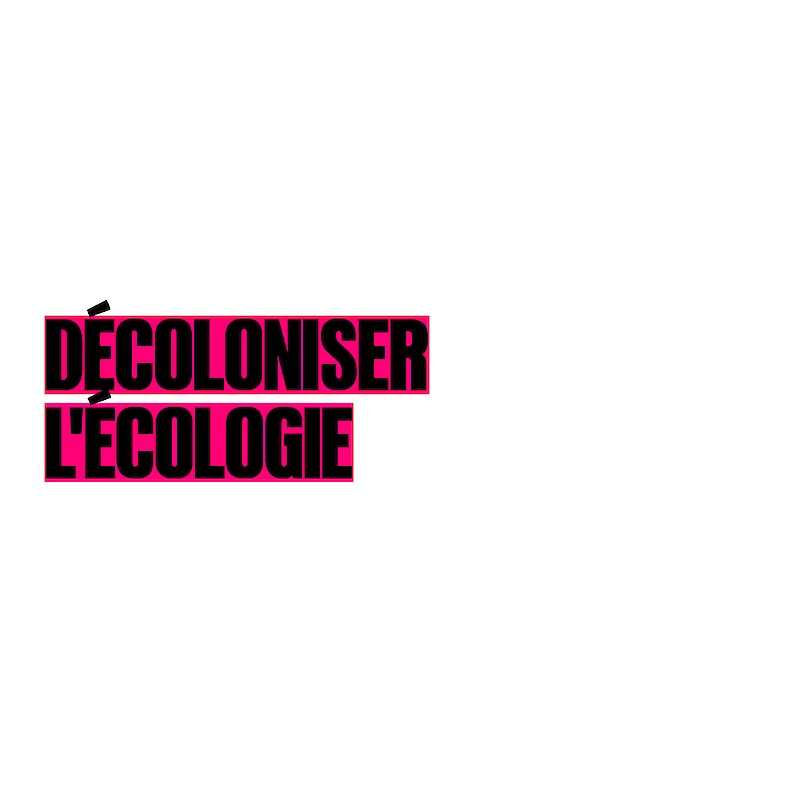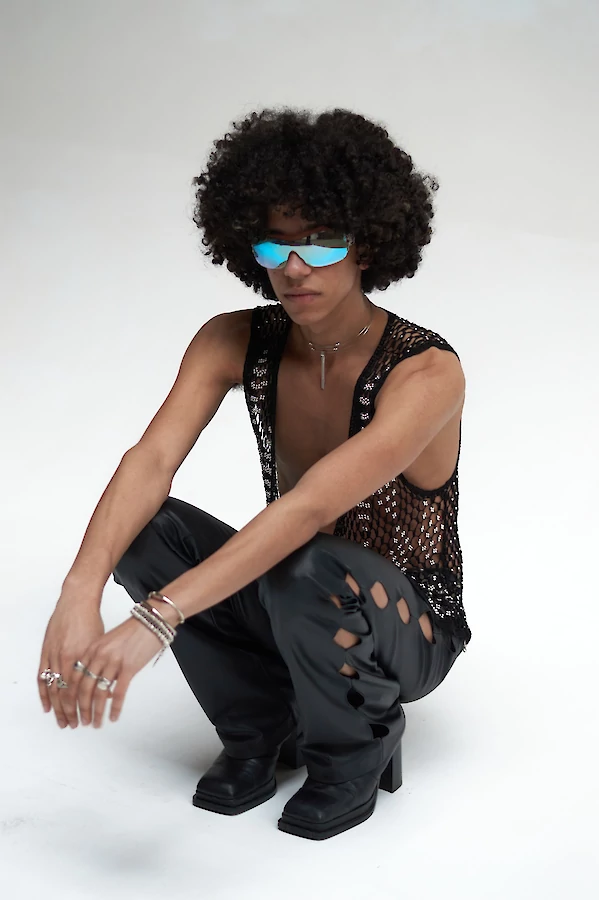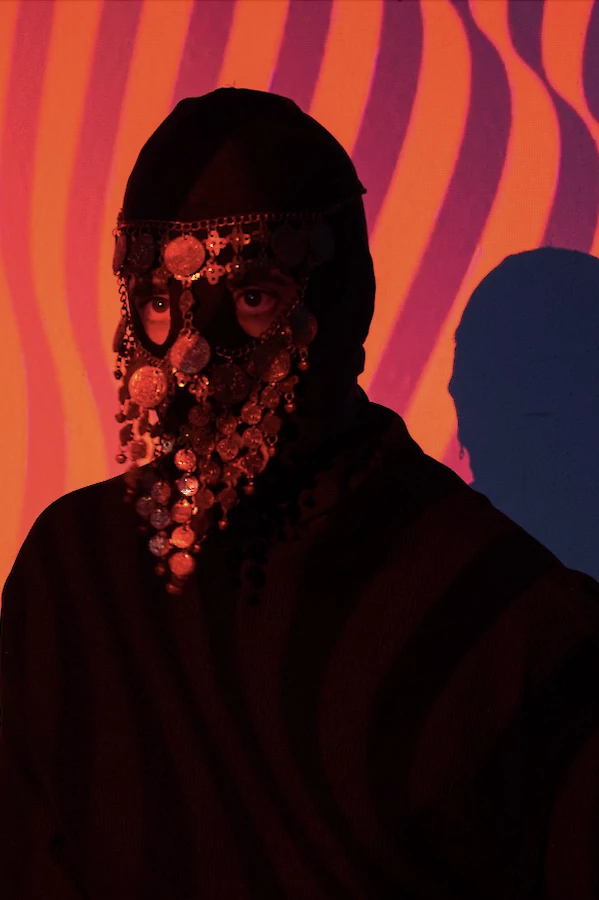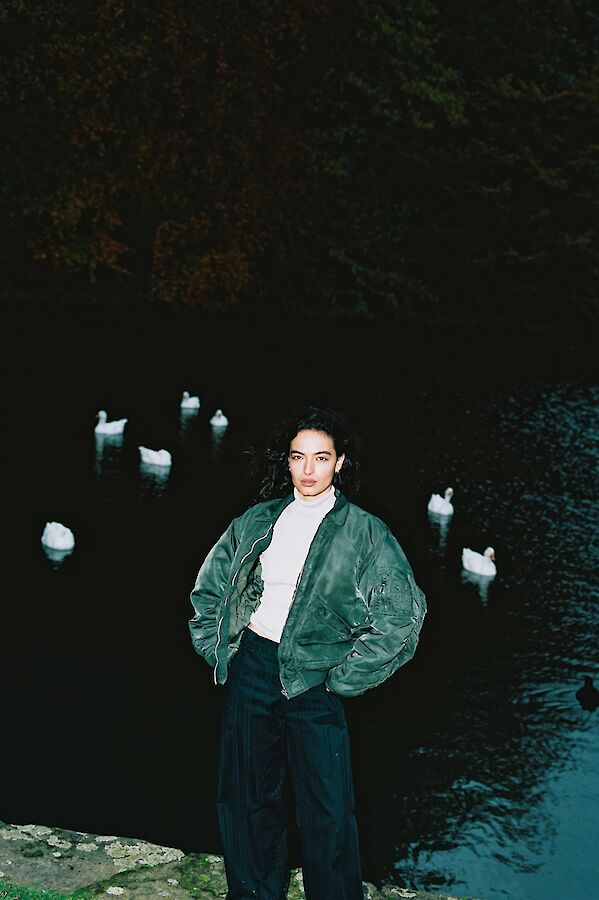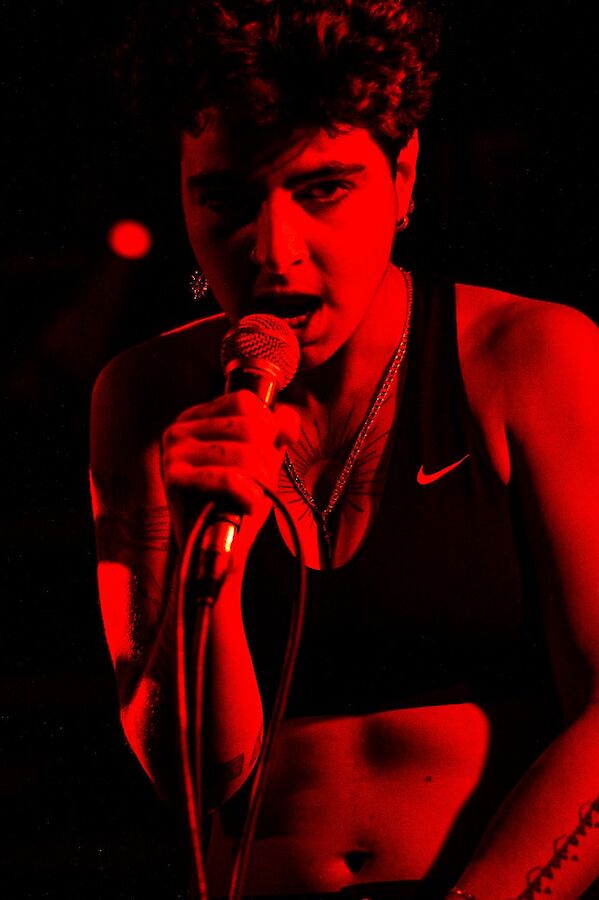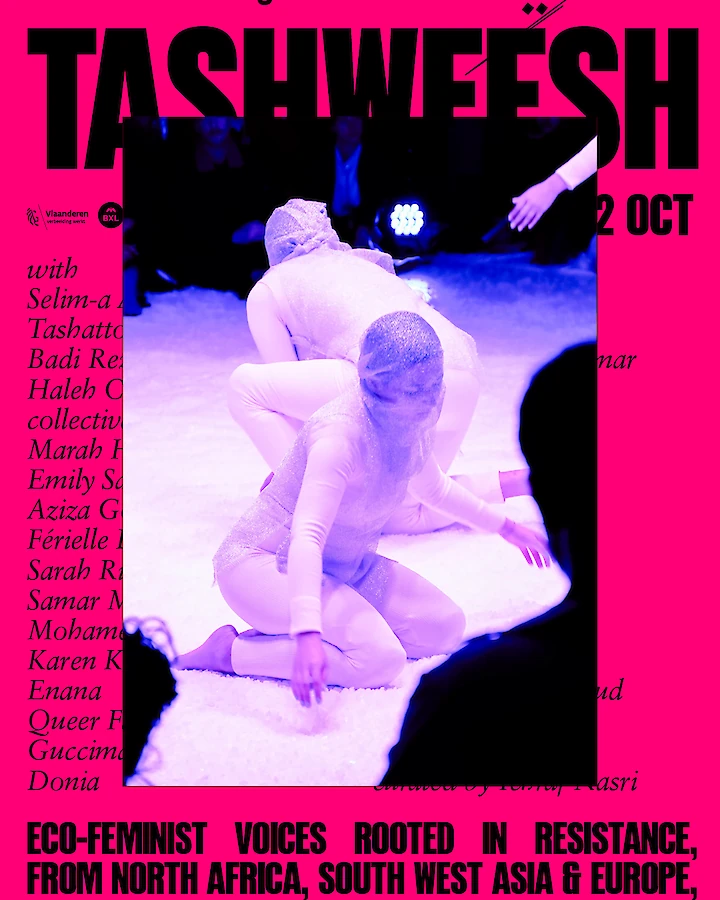Marah Haj Hussein / Monty Language: no broblem
Between languages, places, voices and imagination, this solo explores untranslatable forms of resistance.
€12 reduced
€8 student
The narrator of this story is on a Belgian train. Through encounters with other travellers, her personal story begins to intertwine with that of her relatives living in occupied Palestine. Their voices speak of their mother tongue Palestinian Arabic and of Hebrew, the ‘official’ language of their country. How do two languages with unequal power dynamics influence a person's thoughts in an oppressive environment? How does that relationship shape our understanding of borders and displacement? With humour, anger, love and absurdity, Language: no broblem embraces the limits of a language's translatability while reflecting on processes of resistance.
about
Marah Haj Hussein (born 1998) is a dancer, actor and performance artist from Kofor Yassif in occupied Palestine. She lives in Antwerp, where she graduated from the Bachelor of Dance at the Royal Conservatory of Antwerp in 2021. In June 2023, she completed her master's degree in Drama at KASK in Ghent. By merging these two disciplines, Haj Hussein questions the line that separates text from movement and is always looking for possible ways to allow both into the performative space.
70 minutes
in Palestinian Arabic, Hebrew, Dutch and English with English and Arabic surtitles
Concept and Performance: Marah Haj Hussein
Projection mapping: Koen de Saeger
Sound design: Anton Lambert
Music composition & execution: Verena Rizzo
Productiecoördinatie: Ruth Vanreusel
Scenography & Textile: Agnese Forlani
Decor: Mohamed Sultan
Dramaturgy: Krystel Khoury
Light design: Pol Seif
Projection assistance: Hussein Shikha
Coproductie: Monty & Moussem
Supported by: Het TheaterFestival & Fonds voor Nieuwe Makers van Stad Antwerpen.
Thanks to: Kaaitheater, Toneelhuis, Kunstcentrum BUDA, A Two Dogs Company, DeSingel, hetpaleis, Thomas Bellinck, Barakat Haj, Lubna Haj, Luna Haj, Hala Haj, Sari Haj, Moanes Fahoum, Anan Saadi, Fadia Shehadeh and Hashem Shehadeh
Image (c) Boris Breugel
